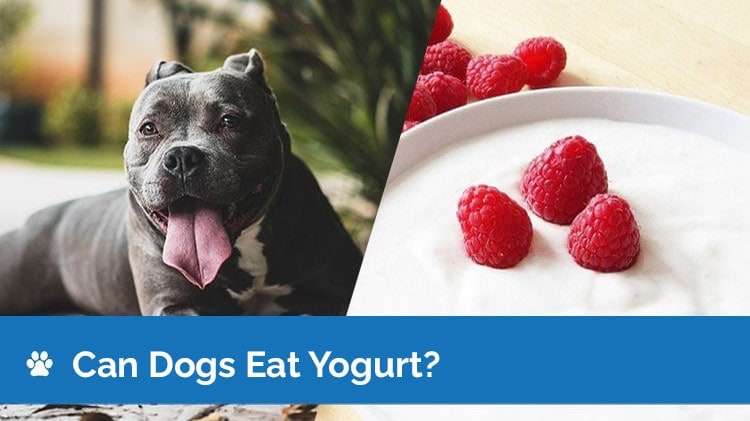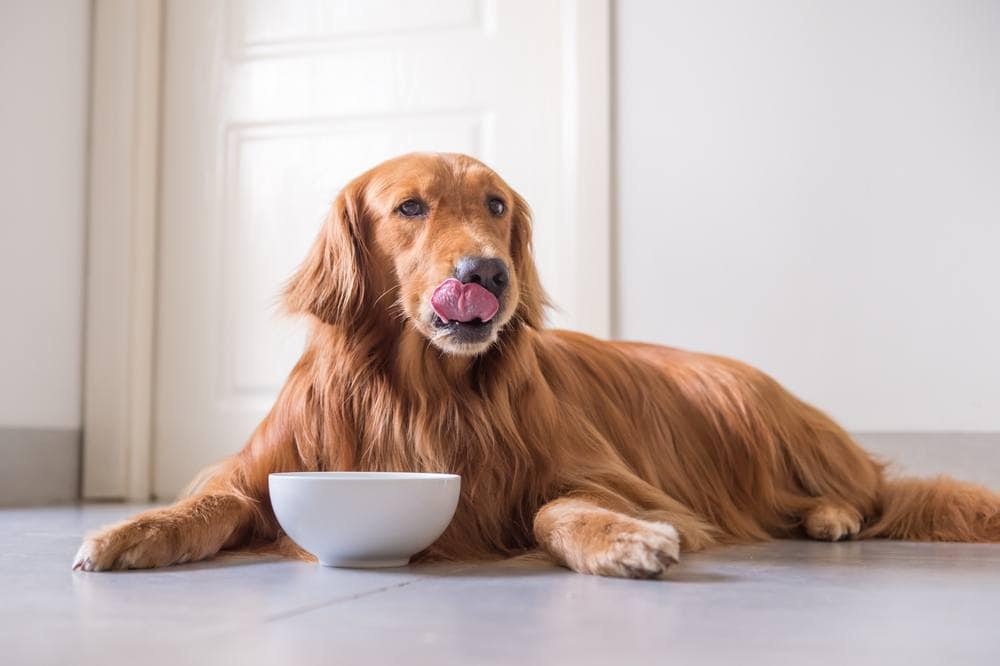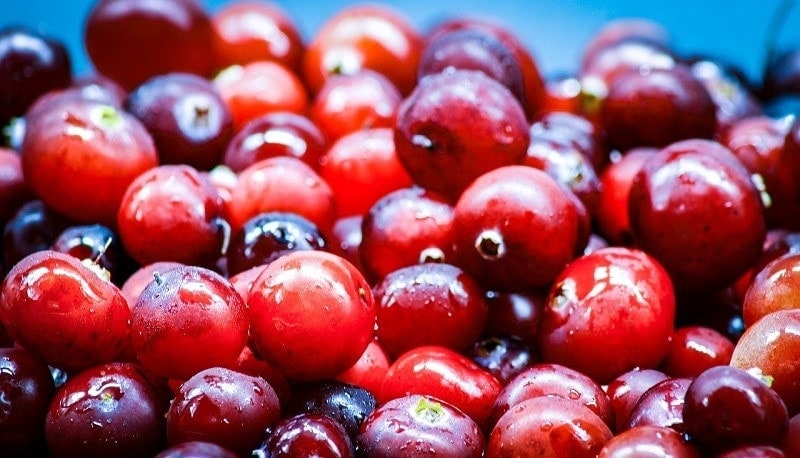Can Dogs Eat Yogurt? Is Yogurt Safe for Dogs?

Updated on

Even if you feed your pooch high-quality kibble, he probably is still always gunning for an opportunity to taste what’s on your plate. While pumpkin and peanut butter are healthy tidbits for pooches to enjoy, can your dog eat yogurt? The truth is, yogurt is safe for dogs to eat but does that mean they should be eating it? And are there any health benefits to this smooth and creamy treat for him?
Let’s explore this question a little further to find out exactly if yogurt is safe for your pet to consume.
Can Dogs Eat Yogurt?
As a matter of fact, they can. However, you shouldn’t go feeding your dog an entire cup of yogurt just because it isn’t toxic to him. Yogurt contains lactose, which is an ingredient some dogs have trouble digesting. And just like some people, some canines can be lactose intolerant, which means that you shouldn’t give them any dairy products.
Some symptoms of lactose intolerance in dogs may include:
- Diarrhea: This is the most common symptom of lactose intolerance. If your pet is going to the bathroom more than normal, or if his feces is watery or loose, he may be suffering from a lactose problem.
- Vomiting: Dairy-sensitive pooches can get sick right after eating a dairy product. If you notice excessive drooling or licking, this can be a sign he’s about to vomit.
- Lack of appetite: If your pet is avoiding his dinner, this may be a sign that he’s nauseous from gastrointestinal issues. While he may just be a persnickety eater, a sudden change in appetite is cause for concern. Schedule a vet appointment to get to the root of the issue.
- Bloating: Excess gas in the stomach or intestines can make your pup feel and look bloated.
- Flatulence: While it can be quite funny (and smelly!), excessive flatulence could be a sign that your dog is lactose intolerant. This is especially true if he gets gaseous after consuming dairy.
So while it is safe to feed most dogs yogurt in moderation, should you pass on it if you think your pet is lactose intolerant.
Additionally, your dog could be allergic to dairy.
- Hives
- Diarrhea
- Vomiting
- Itchiness
- Swelling of the face
- Breathing difficulties
If you suspect your dog is having an allergic reaction to dairy, seek emergency vet services immediately.
Is Yogurt Good for Dogs?

For dogs that can safely digest yogurt, this yummy product does come with some added health benefits for pooches. Plain, low, or non-fat yogurt can be an amazing source of calcium for canines. Add a small spoonful of this sweet treat to your dog’s regular kibble.
Besides being packed full of calcium, yogurt can boost their gut health and immunity. It’s also a great source of magnesium and protein, in addition to water. Used as a topper for their food, yogurt can effortlessly add more moisture to his daily diet, keeping him hydrated and healthy.
Can Dogs Eat Plain Yogurt?
Yes, unless he is lactose intolerant. Plain yogurt is safer than other types of yogurt because it doesn’t contain artificial sweeteners or the added sugars found in flavored yogurt. One of these, Xylitol, is very toxic for canines.
Can Dogs Eat Greek Yogurt?
Yes. But, again, if your dog is lactose intolerant, do not feed him any dairy products. Greek yogurt is actually extremely good for pups taking antibiotics, which can kill some of the good bacteria living in their gut. The probiotics found in Greek yogurt can also combat yeast infections, which can help dogs that suffer from reoccurring skin or ear infections.
What Types of Yogurts Are Unsafe for Dogs?
Avoid feeding your pet yogurts with artificial sweeteners, especially Xylitol. Also avoid feeding your pet yogurts that contain flavoring components, fruit at the bottom of the cup, full-fat yogurts, and chocolate-flavored yogurts.
Always check the label to ensure the yogurt you choose doesn’t contain any of the aforementioned ingredients.

How to Feed your Dog Yogurt
Here are some ideas on how to treat your pet to this delicious and nutritious snack:
- Feed him strawberry, carrot, kale, pumpkin, or blueberries dipped in yogurt
- Plop a spoonful of yogurt on his regular kibble
- Let him lick it off of a spoon after you make your morning smoothie
- If he’s on antibiotics, give him a spoonful after taking his meds
Bottom Line
If your dog isn’t lactose intolerant or doesn’t have a dairy allergy, plain or Greek yogurt given in moderation makes a healthy and tasty treat that can boost his immunity and gut health.
See also:
- 8 Best Puppy Foods for Sensitive Stomachs & Diarrhea – Reviews & Top Picks
- 6 Best Dog Foods to Prevent Gas (Flatulence) – Reviews & Guide
Featured Image: EliasSch, Pixabay











